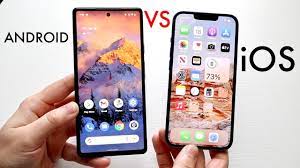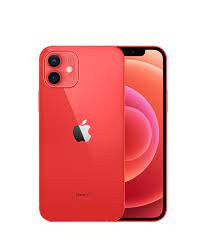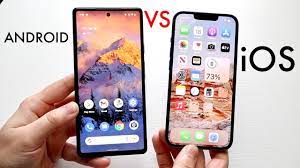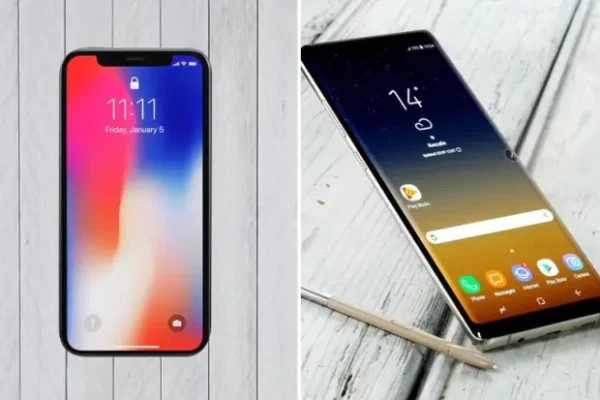LAGOS, Nigeria (VOICE OF NAIJA) The debate over the security of Android versus iPhones has been ongoing for years, with passionate proponents on both sides.
Android enthusiasts argue for its open-source nature and diversity of security options, while Apple loyalists commend the locked-down iOS ecosystem.
READ ALSO: “Unlock Hidden Capabilities!” Here Is How To Access Your Android’s Secret Developer Menu
Let us take a look into this as we delve into the key aspects of smartphone security and assess whether Android can truly be considered more secure than iPhones.
Diversity vs. Uniformity
- Android: One of the primary arguments in favour of Android’s security is its diversity. Users can choose from a wide range of manufacturers and models, each with varying security features. This diversity can be seen as a strength because it offers options for users to select devices that meet their specific security needs.
- iPhones: Apple, on the other hand, follows a strict policy of uniformity. All iPhones run on iOS, and Apple controls both hardware and software. This uniformity can be seen as an advantage because it allows for quick updates and a consistent level of security across devices.

Operating System Updates
- Android: Android’s Achilles’ heel has often been its fragmented ecosystem. Manufacturers and carriers often delay or fail to provide timely updates to their devices. This fragmentation can leave many Android users vulnerable to security threats as they may not receive the latest security patches.
- iPhones: Apple’s control over both hardware and software allows it to push out updates quickly and efficiently. iPhones receive regular and timely updates, ensuring that users have the latest security fixes and improvements.
App Store Policies
- Android: The Google Play Store is more open than Apple’s App Store, which means that it’s easier for malicious apps to slip through the cracks. While Google has improved its app screening process over the years, the risk of encountering a malicious app on Android is still higher than on iOS.
- iPhones: Apple maintains strict control over its App Store, meticulously reviewing each app before it’s made available to users. This stringent approach reduces the likelihood of encountering malware or malicious apps on iOS devices.
Customization vs. Security
- Android: Android’s open nature allows for extensive customization, but this can also lead to security risks. Users who install custom ROMs or sideload apps from third-party sources may unknowingly expose their devices to vulnerabilities.
- iPhones: Apple’s locked-down ecosystem limits customization options, which can be frustrating for some users. However, this restriction also contributes to a more secure environment by preventing unauthorized changes to the operating system.
READ ALSO: France Bans iPhone 12 Sales Over Radiation Concerns


The debate over whether Android is more secure than iPhones is nuanced and depends on various factors, including user behaviour, device choice, and manufacturer policies.
While Android’s open nature offers flexibility, it can also lead to security risks if not managed properly.
iPhones, with their closed ecosystem and timely updates, provide a strong defence against many security threats.
Ultimately, the level of security you experience on either platform is heavily influenced by your own actions and choices.
Both Android and iPhones can be secure, but users need to be vigilant about their app choices, software updates, and overall device hygiene to minimize security risks.
In the end, the choice between Android and iPhones should not solely hinge on security concerns but also on personal preferences and needs.




